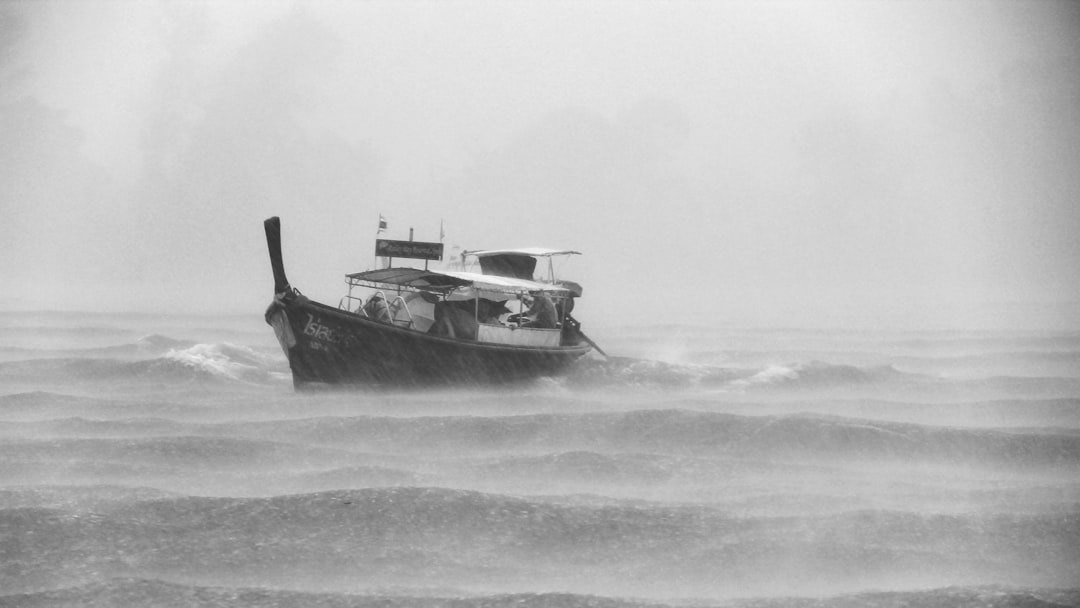You of Little Faith
Gospel Reflection for August 2, 2022

Jesus made the disciples get into a boat and precede him to the other side of the sea, while he dismissed the crowds. After doing so, he went up on the mountain…


Jesus made the disciples get into a boat and precede him to the other side of the sea, while he dismissed the crowds. After doing so, he went up on the mountain…
